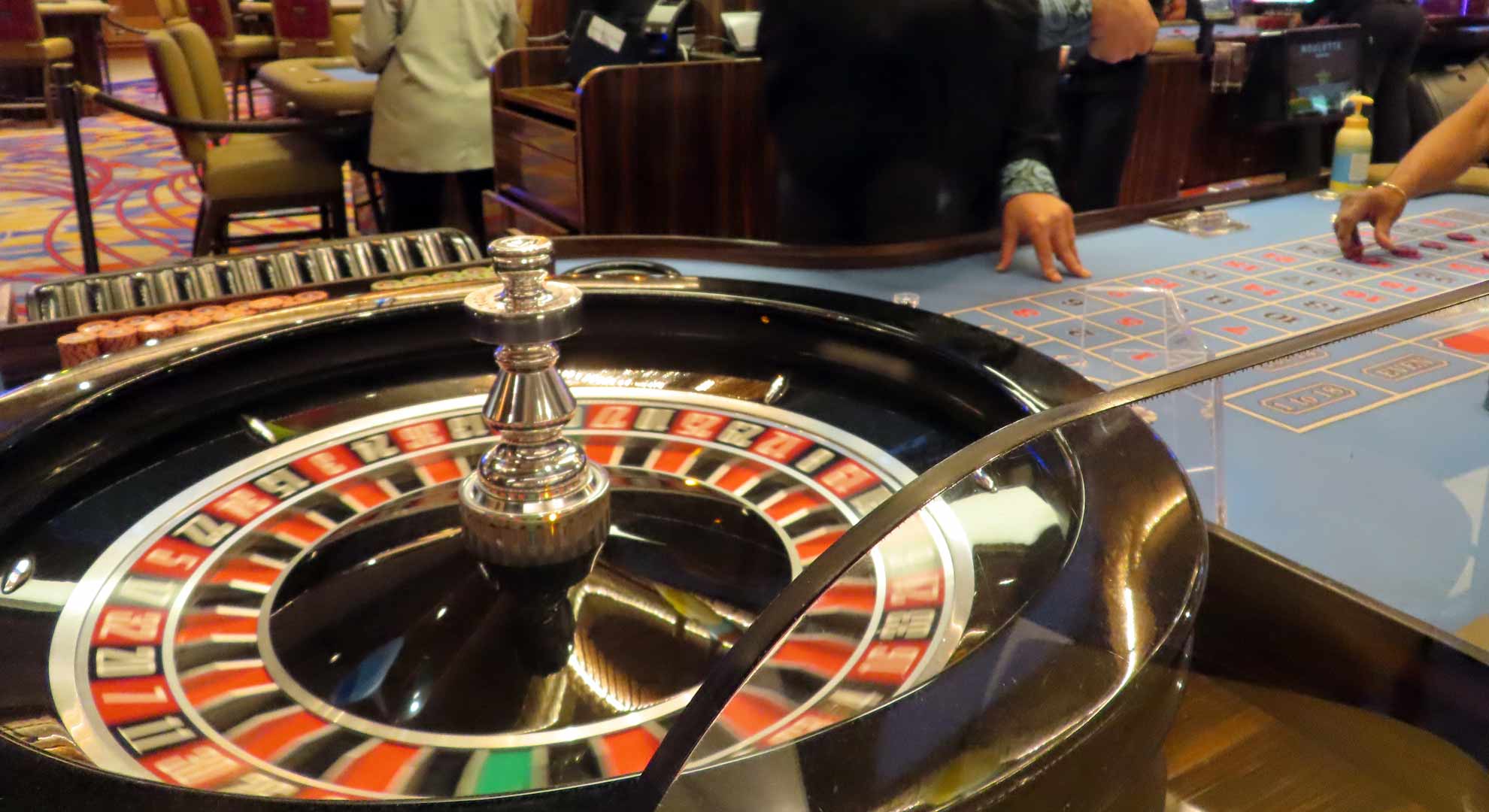Casinos That Changed the World

Casinos That Changed the World
From the clandestine card games of antiquity to the dazzling, sprawling resorts of the modern era, gambling has always held a peculiar fascination for humanity. While the act of wagering is as old as civilization itself, the concept of a dedicated 'casino' – a structured, often opulent venue designed specifically for games of chance – is a relatively recent innovation. These establishments, far from being mere entertainment venues, have frequently acted as powerful catalysts for economic growth, cultural shifts, and even geopolitical developments, reshaping cities, economies, and our very understanding of leisure. This article delves into the history of some pivotal casinos and the profound impact they had on the world.
Our journey begins in 17th-century Venice, a city renowned for its elaborate carnivals and, consequently, rampant, unregulated gambling. To bring order to the chaos and protect the Venetian nobility from ruinous losses, the city-state established the Ridotto in 1638. Located in the Palazzo Dandolo, the Ridotto was not a lavish resort but a more formal, controlled environment. While it offered high stakes and exclusive access, it introduced the revolutionary concept of a government-sanctioned, public gambling house. Though it operated for over a century before its closure, the Ridotto laid the foundational blueprint for future casinos, legitimizing and formalizing what had previously been a chaotic, often illicit, pastime. It marked a crucial step in the evolution of gambling from informal gatherings to regulated commercial enterprises.
Fast forward to the mid-19th century, and we arrive at the glamorous principality of Monaco. Desperate to avoid bankruptcy, Prince Charles III envisioned a grand casino as a means to revitalize his tiny nation's fortunes. Despite initial failures, the establishment of the Monte Carlo Casino, under the astute management of François Blanc, proved to be an unparalleled success. Opened in 1863, the Casino de Monte-Carlo became the epitome of luxury and sophistication, attracting Europe's elite. Its success single-handedly transformed Monaco from a struggling backwater into a glittering playground for the wealthy, allowing its citizens to live tax-free. Monte Carlo's elegant architecture, high-stakes games, and exclusive clientele set the gold standard for what a casino could be, establishing a model of upscale tourism and economic independence through gambling that would inspire destinations worldwide.
Perhaps no name is more synonymous with casinos than Las Vegas. What began as a dusty railroad stop in the Nevada desert in the early 20th century, offering legal gambling in 1931, truly exploded after World War II. Figures like Bugsy Siegel, with his vision for the Flamingo Hotel, began transforming the city into a lavish destination. However, it was the subsequent waves of development, driven by a combination of organized crime money, legitimate corporations, and visionary entrepreneurs like Howard Hughes, that molded Las Vegas into the "Entertainment Capital of the World." Las Vegas revolutionized the casino concept by integrating gambling with world-class entertainment, dining, shopping, and convention facilities. It became a powerful cultural phenomenon, symbolizing American ambition, spectacle, and the pursuit of pleasure, fundamentally altering the landscape of tourism and leisure. The city's growth proved that casinos could be the bedrock of an entire metropolitan economy, far beyond just gambling halls.
As the 20th century drew to a close and the 21st began, the focus of the global gaming industry shifted dramatically to Macau. A former Portuguese colony handed over to China in 1999, Macau had a long but relatively small gambling history. However, with the liberalization of its gaming industry in 2002, allowing foreign operators to compete, Macau transformed at an astonishing pace. American casino giants like Las Vegas Sands and Wynn Resorts poured billions into constructing colossal integrated resorts, dwarfing anything seen in Las Vegas. Macau quickly surpassed Vegas to become the world's largest gambling hub, driven primarily by its proximity to mainland China's burgeoning middle and ultra-wealthy classes. Its economic impact on the region and its status as a Special Administrative Region of China have made it a unique case study in how a dedicated gaming economy can propel a city onto the global stage, becoming a vital financial engine for the broader Asian economy.
Today, the legacy of these groundbreaking casinos continues to shape the industry. Physical casinos still thrive, constantly innovating with immersive experiences, luxury amenities, and diverse entertainment offerings that extend far beyond the gaming floor. They remain vital economic drivers, creating jobs and attracting tourism in regions from Singapore to the Caribbean. Concurrently, the digital age has ushered in a new frontier for gambling: online casinos. This evolution has made gaming accessible globally, allowing enthusiasts to experience the thrill from anywhere, anytime. Platforms such as m88 asia slot exemplify this transition, bringing the excitement of slot machines and other casino games directly to players' devices, effectively changing the very definition of a "casino" from a physical location to a virtual experience. This digital expansion has opened up new markets and demographic segments, further cementing gambling's place as a global economic and cultural force.
The casinos discussed, from Venice's pioneering Ridotto to the modern digital platforms, are more than just venues for wagering; they are monuments to ambition, economic ingenuity, and societal evolution. They have funded nations, built cities from deserts, and redefined luxury and entertainment. Their stories are interwoven with global history, demonstrating how a simple human inclination for risk and reward can be harnessed to create enterprises that profoundly change landscapes, economies, and the very fabric of human civilization.